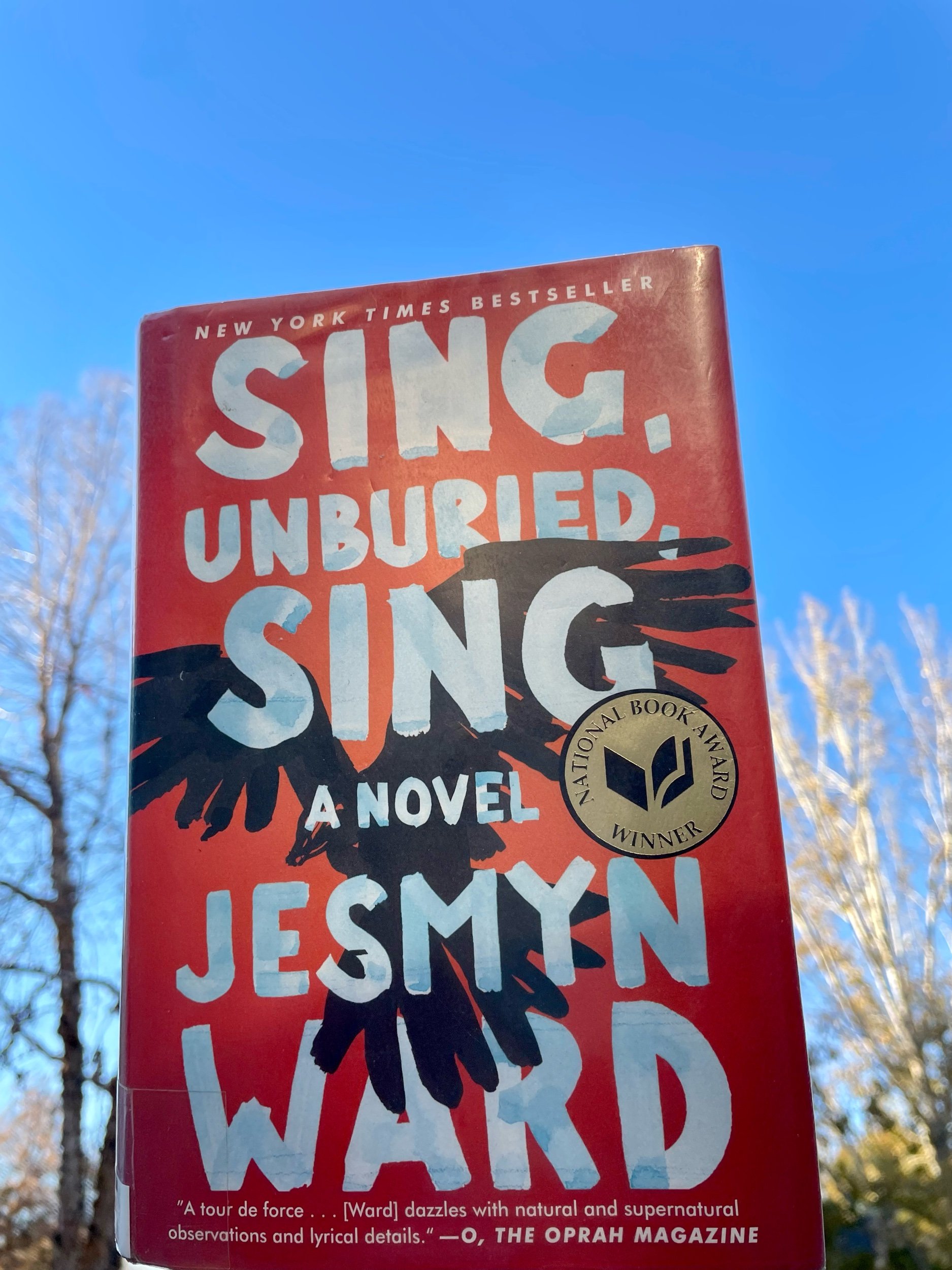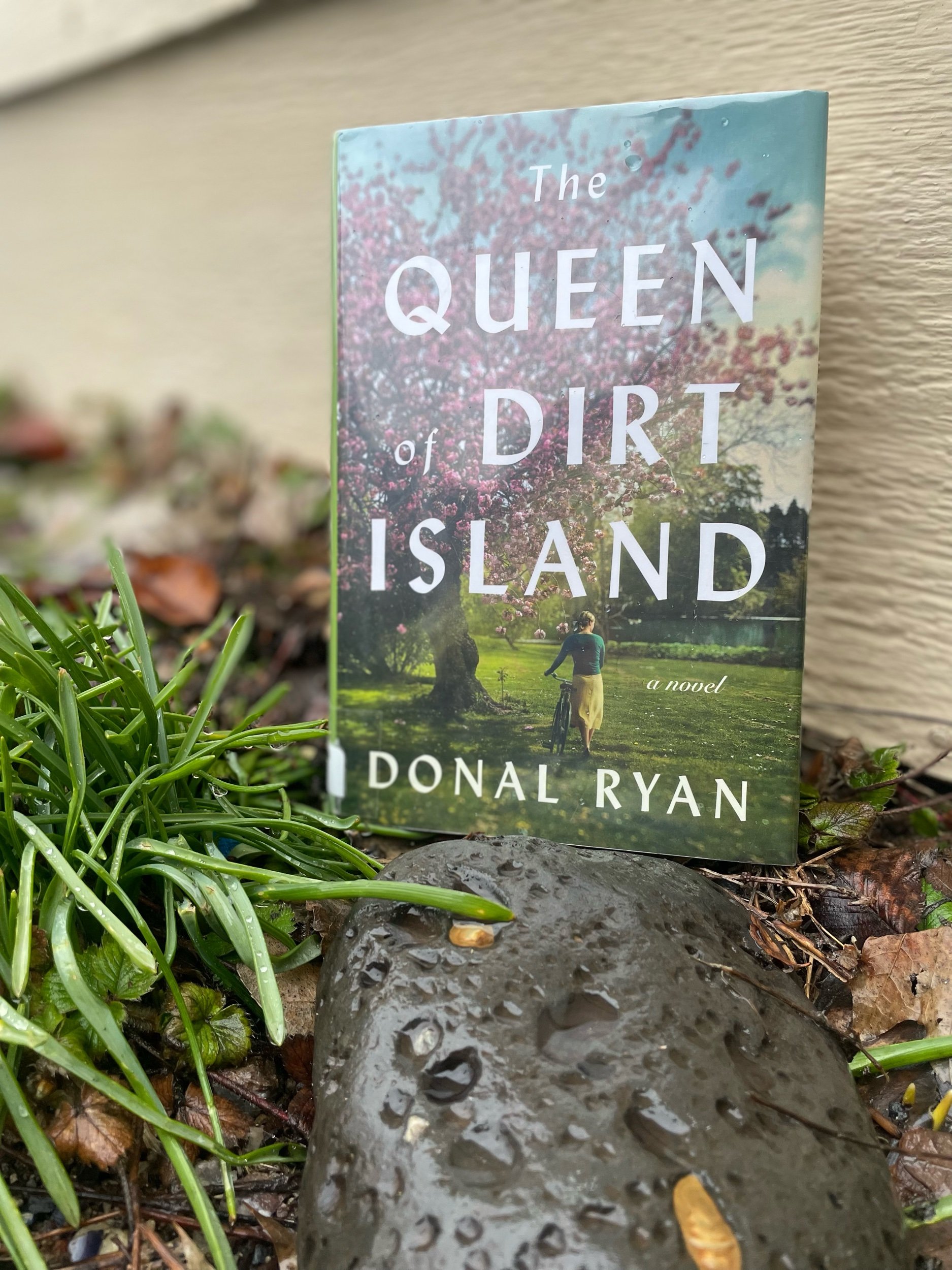On Earth We're Briefly Gorgeous
On Earth We’re Briefly Gorgeous (2019) by Ocean Vuong is a poetic, organic coming-of-age novel about a Vietnamese American child, Little Dog. Vuong crafts the novel as a letter of sorts that Little Dog writes to his illiterate mother. It is intimately personal, written in first person, as it bounces from point to point in the narrative of his childhood and adolescence. On Earth We are Briefly Gorgeous is a novel written by a poet. As such language is wildly important and carefully curated for the reader. It reads like lyrical creative nonfiction, like memoir. In fact, as I neared the end, it startled me to (re)notice the “A Novel” subtitle branded on the cover. I had somehow overlooked and/or forgotten as I read that this was a novel. The fiction of Little Dog’s “I” had replaced the author in my mind. On Earth We’re Briefly Gorgeous certainly draws on Vuong’s life experience, but it is crafted and presented as a novel; a detail, I reminded myself, readers ought not forget. It abounds with distinct moments, haunting images, and gut-gripping details as Little Dog communicates his life to his mother in words she will never read.
Imagery is, indeed, everywhere in this novel. Vuong develops and repeats certain images throughout. Some are beautiful, some are difficult, even grotesque. Many images blur the binary between these categories, perhaps. Readers relive Little Dog’s first sexual experience. It is a scene that weds shame and connection for the characters and the reader alike. the macaques whose brains some people eat despite the fact that they “are capable of self-doubt and introspection, traits once that attributable only to humans” (42). The mass migration of monarchs. The tobacco-drying barn. The heifer and her calf fattened for veal. The dead by overdose and over living, by long life and old age. There is beauty, madness, and monstrous to be found in the pages of On Earth We’re Briefly Gorgeous. There is hope. There is joy. There is devastation.
This novel asks the reader to accompany the narrator on the internal and external highs and lows of coming-of-age on the poor side of New Haven, Connecticut. Little Dog, his mother, and his grandmother share a precarious existence. It is one punctuated by love and trauma as they make a new life in the states, haunted by generations worth of trauma in their homeland of Vietnam. There are moments that are wildly difficult to relive in the epistolary format of the novel. This single letter to an illiterate mother provides context for her gay son despite the fact that she will never read its pages. There are passages that will move readers to tears with beauty and turn stomachs in disgust. The craft of the novel is brilliant. The mashup of vile and awe-inspiring is precisely what one should expect from a novel that qualifies the statement that we are all beautiful here on earth with that meaningful word: Briefly. There is a lot more to our lives than beauty. And yet, there is beauty too.
Bibliography:
Vuong, Ocean. On Earth We’re Briefly Gorgeous: A Novel. Penguin Press: 2019.
A Few Great Passages
“Migration can be triggered by the angle of sunlight, indicating a change in season, temperature, plant life, and food supply. Female monarchs lay eggs along the route. Every history has more than one thread, each thread a story of division. The journey takes four thousand eight hundred and thirty miles, more than the length of this country. The monarchs that fly south will not make it back north. Each departure, then, is final. Only their children return; only the future revisits the past” (8).
“What is a country but a borderless sentence, a life?” (8).
“I am writing you from inside a body that used to yours. Which is to say, I am writing as a son” (10).
“If we are lucky, the end of the sentence is where we might begin. If we are lucky, something is passed on, another alphabet written in the blood, sinew, and neuron; ancestors charging their kin with the silent propulsion to fly south, to turn toward the place in the narrative no one was meant to outlast” (10).
“What I really wanted to saw was that a monster is not such a terrible thing to be. From the Latin root monstrum, a divine messenger of catastrophe, then adapted by the Old French to mean an animal of myriad origins: a centaur, griffin, satyr. To be a monster is to be a hybrid signal, a lighthouse: both shelter and warning at once” (13).
“I read that parents suffering from PTSD are more likely to hit their children. Perhaps there is a monstrous origin to it, after all. Perhaps to lay hands on your child is to prepare him for war. To saw possessing a heartbeat is never as simple as the heart’s task of saying yes yes yes to the body” (13).
“I came to know, in those afternoons, that madness can sometimes lead to discovery, that the mind, fractured and short-wired, is not entirely wrong” (23).
“Who will be lost in the story we tell ourselves? Who will be lost in ourselves? A story, after all, is a kind of swallowing. To open a mouth, in speech, is to leave only the bones, which remain untold” (43).
“Do you remember the happiest day of your life? What about the saddest? Do you ever wonder if sadness and happiness can be combined, to make a deep purple feeling, not good, not bad, but remarkable simply because you didn’t have to live on one side or another?” (122).
“The weight of the average placenta is roughly one and a half pounds. A disposable organ where nutrients, hormones, and waste are passed between mother and fetus. In this way, the placenta is a kind of language – perhaps our first one, our true mother tongue. At four or five months, my brother’s placenta was already fully developed. You two were speaking—in blood utterances” (137).
“It was beauty, I learned that we risked ourselves for” (208).
“Ma, I don’t know if you’ve made it this far in this letter—or if you’ve made it here at all. You always tell me it’s too late for you to read, with your poor liver, your exhausted bones, that after everything you’ve been through, you’d just like to rest now. That reading is a privilege you made possible for me with what you lost. I know you believe in reincarnation. I don’t know if I do but I hope It’s real. Because then maybe you’ll come back here next time around. Maybe you’ll be a girl and maybe your name will be Rose again, and you’ll have a room full of books with parents who will read you bedtime stories in a country not touched by war. Maybe then, in that life and in this future, you’ll find this book and you’ll know what happened to us. And you’ll remember me. Maybe” (240).






